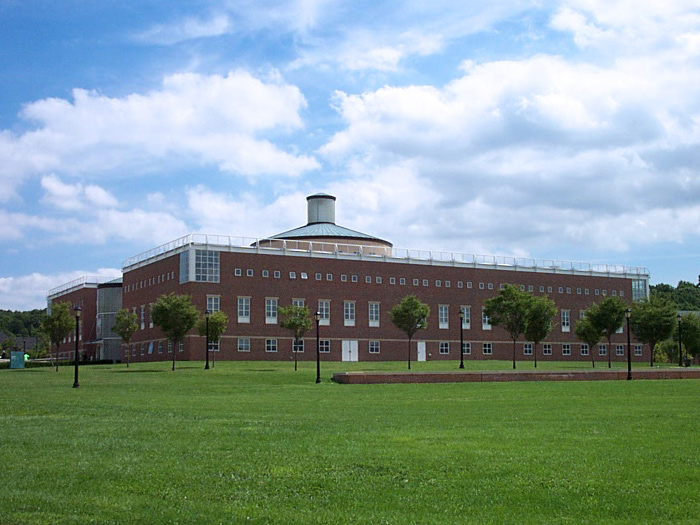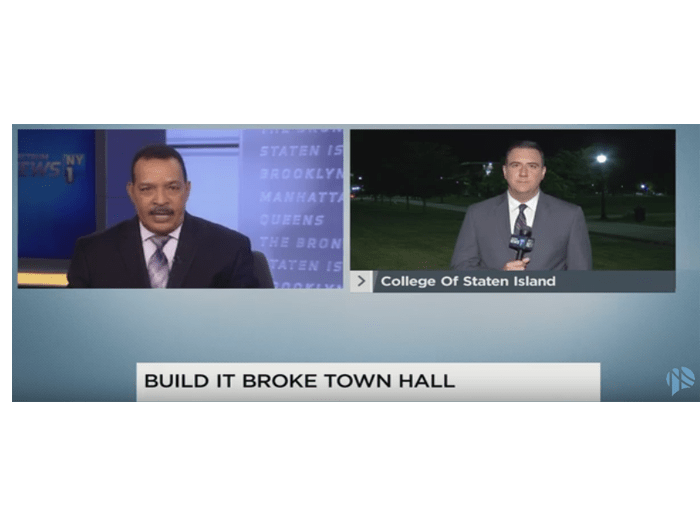China’s entry into the World Trade Organization (WTO) in late 2001 has brought fundamental change to the country by boosting its economic growth to become the fourth largest trading body in the world, advancing the country’s legal and governmental reforms, and creating a “floating population” class of 80 million migrant farmers.
Approximately 800-900 million people (70% of the country’s population) live in rural China, many of whom are family farmers. By bringing the country in line with WTO commitments to consolidate the land and improve efficiency, many of these farmers are being forced from their farms and into the cities.
Tackling the largest issue in the Chinese government today, The Foundation for China in the 21st Century hosts a two-day, two-borough conference that will examine the reforms and challenges China faces from its WTO entry, and the crisis faced by the country’s agriculture industry.
The first day of the conference will be held Friday, December 12, 2003 in the Presidential Conference Room of the Willowbrook campus of the College of Staten Island, 2800 Victory Blvd., Staten Island New York, from 9 a.m. – 5 p.m.
Morning sessions on Staten Island include a “Historic Review of Modern China’s Agricultural Issues,” moderated by professor Ming Xia (College of Staten Island) and “Institutional Problems and Reconstruction in Rural China,” moderated by Mr. Song Yongyi (Dickenson University).
Afternoon sessions include “Identity Issues of Chinese Peasants,” moderated by Mr. Hu Ping (Editor-in-Chief, Beijing Spring magazine) and “Reconstruction of China’s Rural Society,” moderated by professor Hu Shaohua (Wagner College).
Many questions will be raised at this conference. For example:
What is the essential reason for of China’s miserable agricultural issues and how is it traced back in history?
What is the root cause of Chinese peasants’ poverty and what are the possibilities of resolving it by abolishing the discriminatory residence laws against them on the basis of identity segregation?
How can villages be autonomously ruled and property rights of the farmland be settled?
Is it necessary to privatize the farmland and if so, how?
What is the impact of China’s WTO entrance on all of the above agricultural issues?
Internationally recognized experts, scholars, and researchers from China, Hong Kong, Macao, Japan, and the United States will address these questions and present to the conference their points of view from different angles and various social levels, and tell us how they think about the past, evaluate the current, and project the future of Chinese agricultural problems.
The second day of the conference will begin with public lectures at 12 noon in the auditorium of the Queens Borough Public Library.
The two-day conference is jointly sponsored by The Foundation for China in the 21st Century, the City University of New York’s College of Staten Island, and the Queens Borough Public Library.
EDITOR’S NOTE: You are invited to send a reporter and/or camera crew. If you plan to attend or send a representative, please contact Ken Bach at 718-982-2328 to make arrangements or for more information. Participant names and photographs available upon request.















